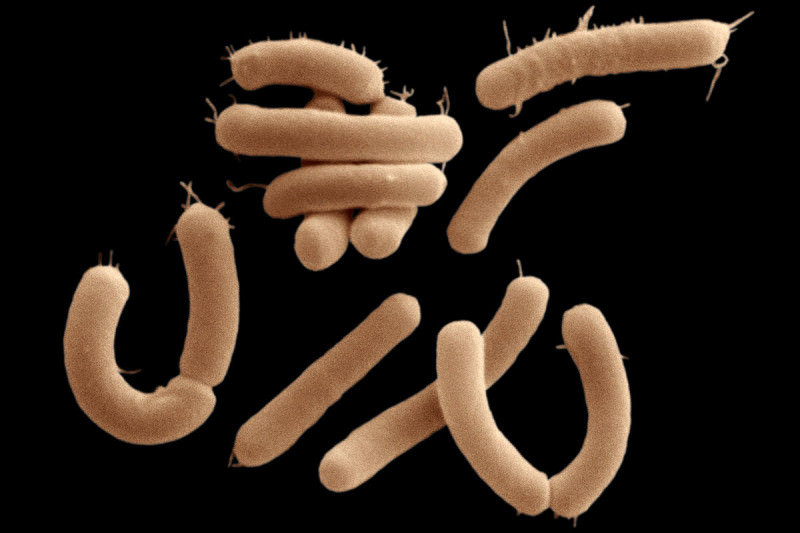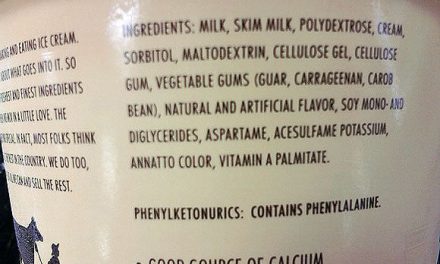GABA, or Gamma-aminobutyric acid, is a neurotransmitter that sends chemical messages through the brain and the nervous system and is involved in regulating communication between brain cells; its role is to inhibit or reduce the activity of the neurons or nerve cells. And it turns out that a recently discovered type of gut bacteria, KLE1738, love it. Well, they love to “eat” it.
In 2016, Philip Strandwitz and his colleagues at Northeastern University in Boston found that they could only grow KLE1738 if they gave it GABA- nothing else made it grow. But why is this important?
From the article:
“Bacteria have been discovered in our guts that depend on one of our brain chemicals for survival. These bacteria consume GABA, a molecule crucial for calming the brain, and the fact that they gobble it up could help explain why the gut microbiome seems to affect mood.
GABA acts by inhibiting signals from nerve cells, calming down the activity of the brain, so it’s surprising to learn that a gut bacterium needs it to grow and reproduce. Having abnormally low levels of GABA is linked to depression and mood disorders, and this finding adds to growing evidence that our gut bacteria may affect our brains.”
Thanks to an experiment in 2011 which showed Lactobacillus rhamnosus could dramatically alter GABA activity in the brains of mice as well as influence how they respond to stress (and using what his team learned), Strandwitz is now looking for other bacteria in the gut that consume or produce GABA. It’s hoped that testing the effects on the brains and behaviors of animals could lead to new treatments for depression or anxiety.
For more information about your gut, check out the video below:
Source: New Scientist












